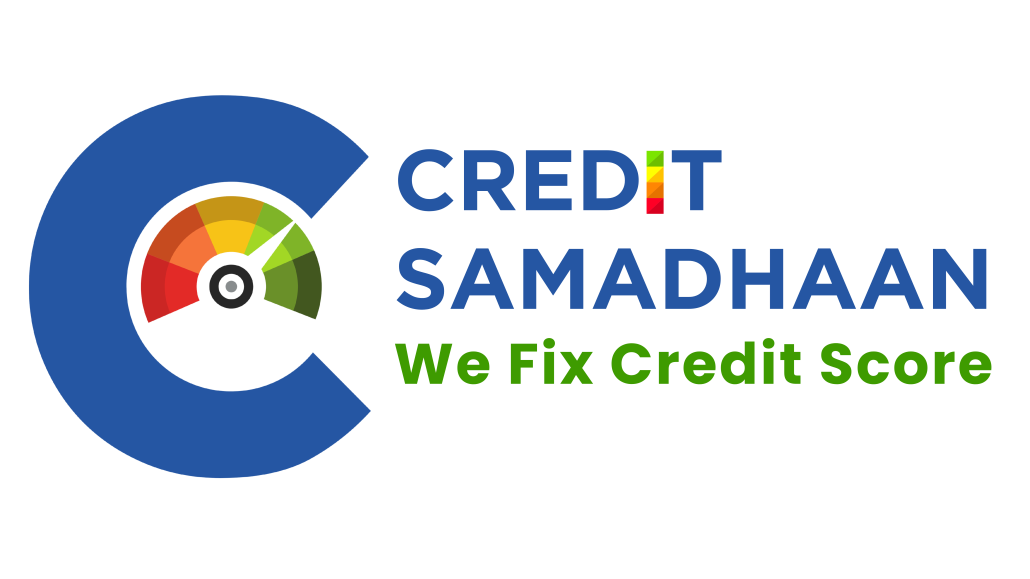When to Address Collection Accounts to Improve Your Credit Score
When it comes to managing your credit score, addressing collection accounts is a crucial step in the process. A collection account is typically reported to the credit bureaus when you fail to pay a debt, and it can have a significant impact on your credit score. By taking proactive steps to address collection accounts, you can improve your credit score and set yourself on the path to better financial health.
Collection accounts can linger on your credit report for up to seven years, dragging down your credit score and making it difficult to qualify for loans or credit cards with favorable terms. This is why it’s important to address collection accounts as soon as possible to minimize the negative impact on your credit score.
Benefits of Addressing Collection Accounts:
1. Improved Credit Score: By paying off or settling collection accounts, you can improve your credit score over time. Lenders are more likely to view you as a responsible borrower if you have addressed past collection accounts.
2. Increased Creditworthiness: A higher credit score opens up more opportunities for loans and credit cards with better terms and lower interest rates. Addressing collection accounts can help you demonstrate your creditworthiness to lenders.
3. Financial Stability: Resolving collection accounts shows financial responsibility and can help you establish a positive credit history. This can lead to better financial stability and lower stress levels when it comes to managing your finances.
Why You Should Address Collection Accounts:
Addressing collection accounts is essential for anyone looking to improve their credit score and overall financial well-being. Ignoring collection accounts can lead to more serious consequences, such as lawsuits, wage garnishment, and additional negative marks on your credit report.
By taking the time to address collection accounts, you can take control of your financial future and work towards achieving your long-term financial goals. Whether you choose to pay off the debt in full, negotiate a settlement, or dispute the account, addressing collection accounts is a proactive step towards improving your credit score and financial health.
Frequently Asked Questions:
Q: How long do collection accounts stay on my credit report?
A: Collection accounts can stay on your credit report for up to seven years from the date of the original delinquency. However, the impact on your credit score diminishes over time as the collection account ages.
Q: Will paying off a collection account remove it from my credit report?
A: Paying off a collection account does not automatically remove it from your credit report. The account will be updated to show that it has been paid, but it will still be listed on your credit report for the full seven-year reporting period.
Q: Can I negotiate a settlement for a collection account?
A: Yes, you can often negotiate a settlement with the collection agency to pay less than the full amount owed. Be sure to get any settlement agreement in writing and make sure the terms are clear before making any payments.
Q: Should I dispute a collection account if I believe it is inaccurate?
A: If you believe a collection account is inaccurate or does not belong to you, you have the right to dispute it with the credit bureaus. Provide any supporting documentation to back up your claim and the credit bureaus will investigate the dispute.
In conclusion, addressing collection accounts is a critical step in improving your credit score and financial well-being. By taking proactive steps to resolve collection accounts, you can pave the way for a brighter financial future and better opportunities for credit and loans. Don’t hesitate to tackle collection accounts head-on and take control of your credit score today.


